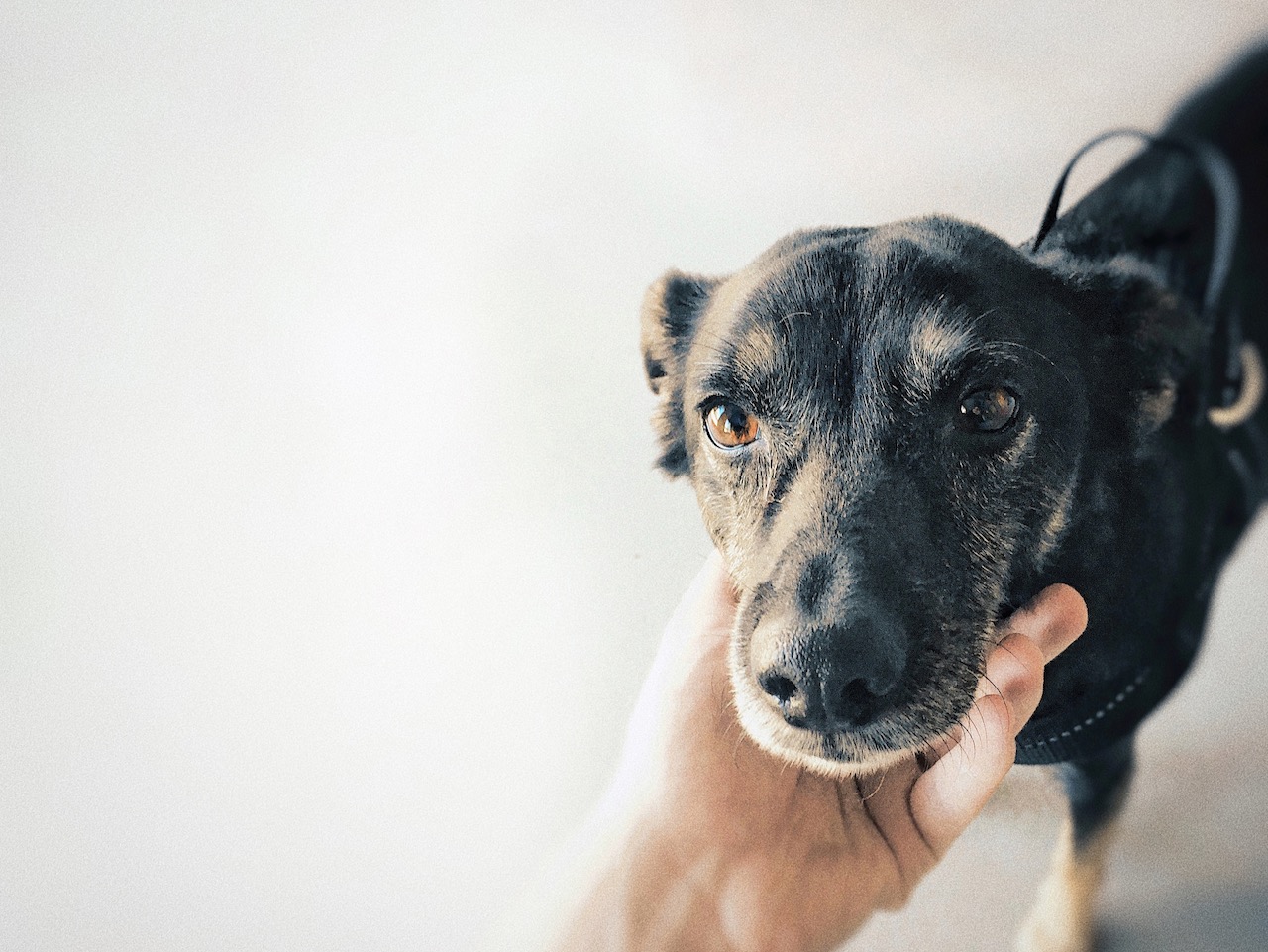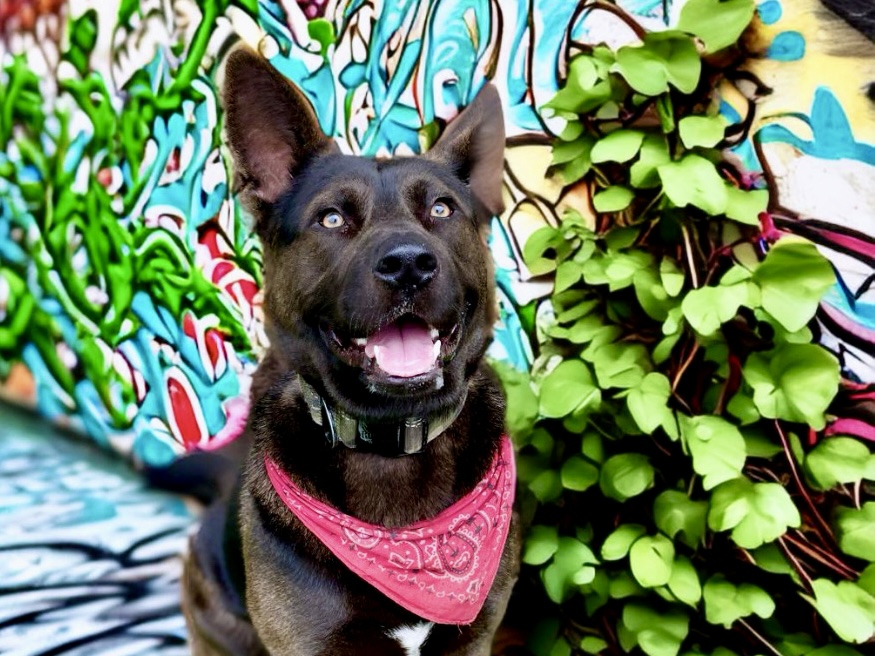Extremism and Division Within the Animal Welfare Community

Is Animal Welfare Extremism or Divisiveness The Way To Effect Change?
All movements have extremists. All movements have divisiveness within. All movements can wear you out if you overextend yourself into them. Animal welfare is hard work. It is emotionally taxing. The never-ending influx of animals in need at shelters and rescues is like a water faucet turned on full with no water pressure control - just full blast, almost all the time.
This is overwhelming and upsetting. We, as a community, cannot save them all. Certainly an individual cannot save them all. But we try - we do what we can. Hours of volunteering, monetary donations, fostering, educating.
Every in-need dog or cat (or bunny or guinea pig or iguana or horse, etc!) we are able to help - that means everything to that animal (See: the Starfish Parable for inspiration). And then we feel moved to go faster, harder, bigger - to save more.
So… Animal Rescue and Welfare is an emotional space.
Big feelings of heavy grief, worry, sadness, and hope are prevalent and unavoidable.
Burnout, compassion fatigue, and ptsd are common to see in the animal rescue, care, and welfare space. The emotional toll affects staff, volunteers, fosters, even casual observers of media about the issues and needs.
Do you know what does NOT help the animals or the people and institutions trying to help the animals?
... expending time and energy towards attacking shelter and rescue efforts, attacking other volunteers or fosters, lashing out against other-than-what-you-use training methodologies.
Obviously, if an animal is in immediate danger, it is important to try and help them via educating the caretaker, offering assistance, or alerting law enforcement as the situation requires.
However, posting vitriolic content or trolling social media threads IN ALL CAPS with MANY EMOJIS 🚨🚨🚨❗🥵🤬😤👿☠️💀💩❗🚨🚨🚨 does little to help an animal.
This behavior is counterproductive and swirls up winds of negativity in a space where we desperately need more positivity. More allegiance and support. The work is already hard enough, emotionally, no?
Civility, compassion, patience, calm, and community are the way through.
Those are the skills to help manage the hurt and struggle - to give us balance whilst combatting the extreme issues we are all working to resolve, namely - pet overpopulation, animal neglect, community education, and improved animal welfare.
I ask any eyeballs which scan this to consider the next time you are feeling the need to lash out at a person, company, or institution working in the animal rescue space… I ask that instead we take a breath.
Wait a while to settle down before response. Maybe a break is needed. Perhaps some self-reflection or a reality check.
Consider if there is a way to help rather than hurt. A way to educate and inform rather than condemn. Perhaps a nicer way to respond via direct message, a phone call, or meeting up with that person to have a rational, productive discussion and attempt to get into alignment or at least understanding of each other’s positions.
People turn away from things which cause them pain and discomfort.
People turn towards things which seem positive, hopeful, and welcoming.
It’s the second line above which will help us help the most animals and make lasting change.
RESOURCES:
September 2011 Study by Colleen Mehelich "Compassion Fatigue: Emotional Burnout in the Animal Care Field"
September 2019 Psychology Today "The Hidden Struggles of Animal Rescue Workers"
October 2019 Brill "Psychological Distress Among Non-Human Animal Rescue Workers: An Exploratory Study"
The content on this website is based on personal experience and researched information. Please note no one here is a professional vet, trainer, or behaviorist. Always consult your vet and trainer about what is best for your dog or cat and their mental & physical health!
















